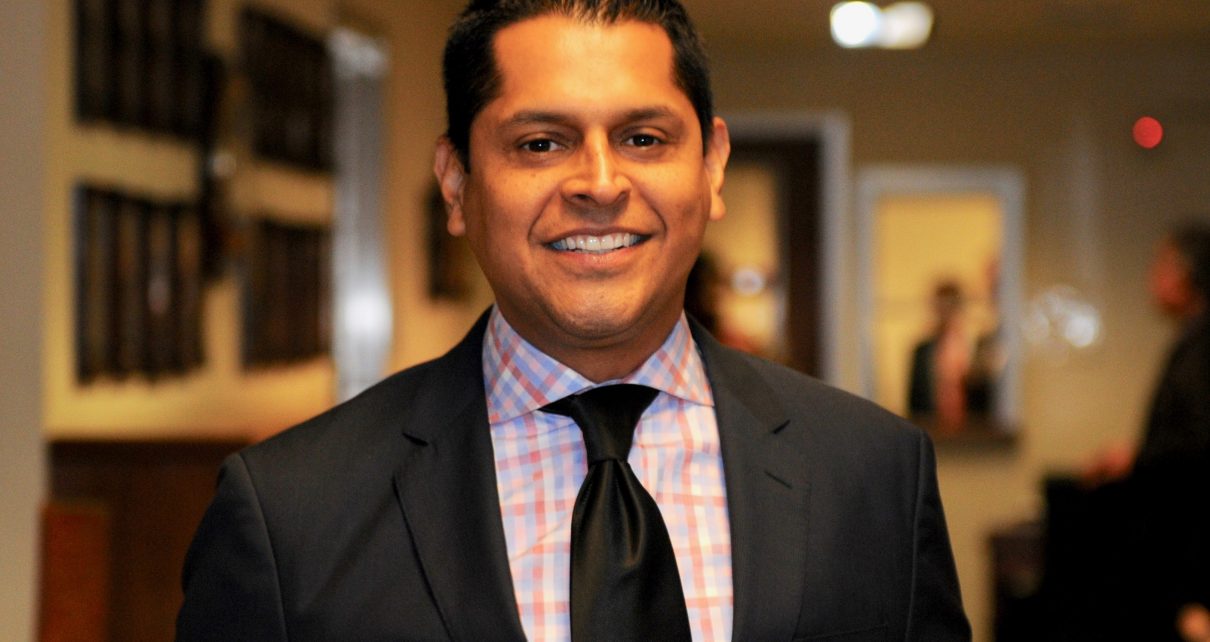
Assemblyman Miguel Santiago (Photo: Kevin Sanders for California Globe)
RECAP: AB 857, Creating Public Banks In California
10 local state-run banks would be up and running in seven years.
By Evan Symon, September 24, 2019 7:00 pm
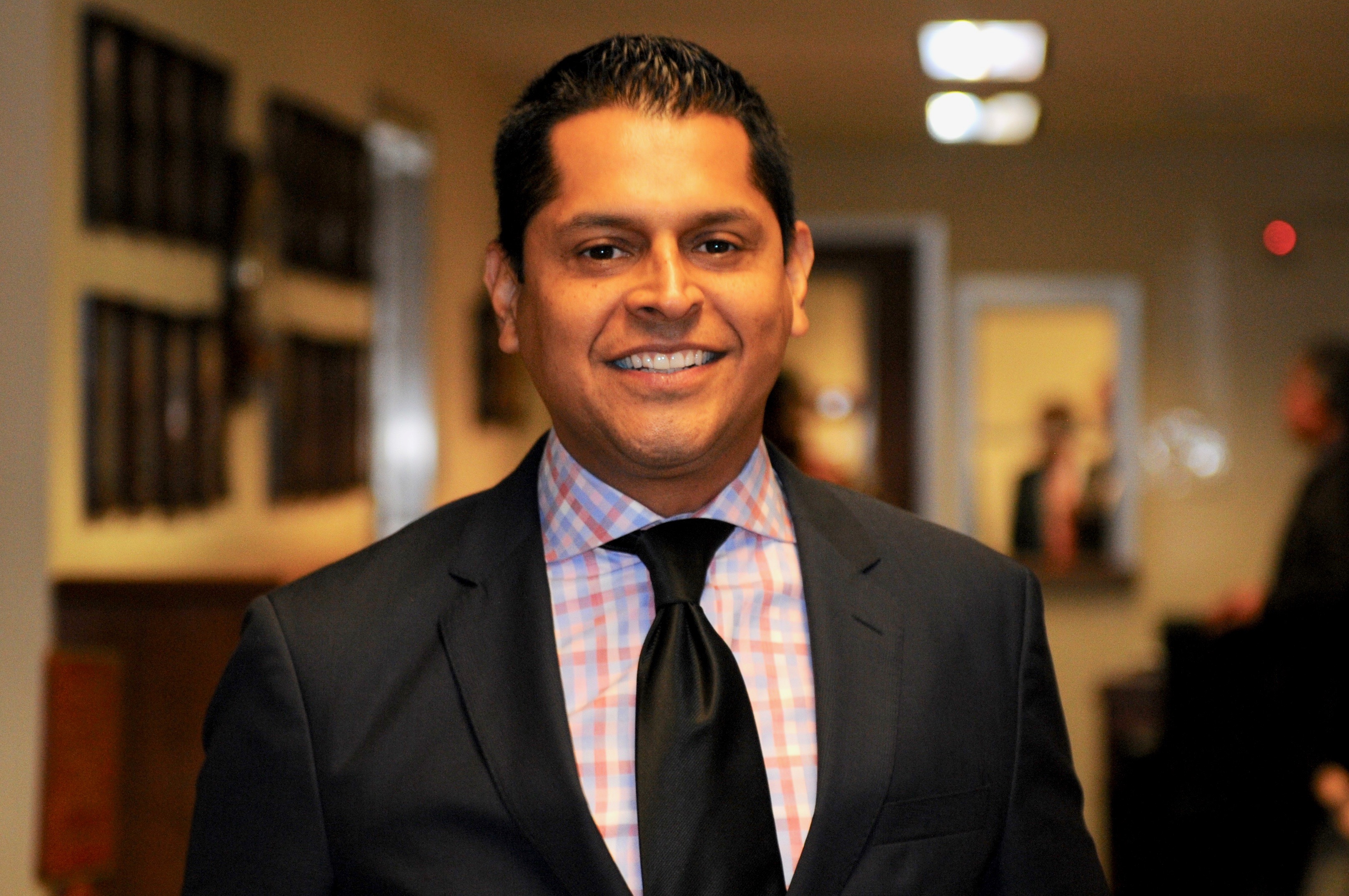
After being struck down in years past, AB 857 is a signature away from making public banks in California a reality.
What is it?
According to AB 857, whose framework is largely based on the only current public bank in the U.S., the Bank of North Dakota, the beginnings of a state run banking system would be put into place. Instead of public funds being tied up in private banks or, as the bill authors put it “in Wall Street,” money in local public banks would be divested back into the community differently. Among the listed reasons included small business lending and easier to get micro-loans.
The bill also stipulates that any such bank would meet the same regulations as any private bank. The Federal Deposit Insurance Corporation (FDIC) would need to certify its insurance for the bank to open. A study would also need to be accepted, showing their business plan, viability, and how the public bank would act like a private when it comes to such issues as conflicts of interest and deciding who to lend or not lend to.
AB 857 also gives a specific number of public banks that can start up in its initial seven year run. Only ten will open, and will be seen as a sort of pilot program to see if it could work on a statewide scale.
Who Backed It?
AB 857 is authored by Assemblymen Miguel Santiago (D-Los Angeles) and David Chiu (D-San Francisco). They have been on the record stating that their goal of a public bank has been to have greater community reinvestment that the local government would have a better hand in choosing. They also wanted to distance public funds away from private banks, under whom local governments couldn’t say what they would invest in or to whom they would loan money.
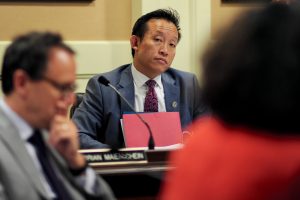
“It’s pretty obvious that the Wall Street system of wealth distribution has created an income inequality crisis,” said Assemblyman Santiago. “And nowhere is that more visible than right here in my district, where luxury condos loom over Skid Row. Instead of making rich men even richer, our resources should be invested in community development: parks and green spaces, free community college, new schools, smooth roads, and cleaner air.”
The bill has also received support from local citizens groups wanting such a system in place for an easier way to get small loans, as well as from dozens of cities and counties across the state looking for a public alternative.
Private banks, community organizations, and business groups such as the California Chamber of Commerce oppose public banks. They have said that numerous problems would arise, such as the public being held accountable for things such as defaults and that a public bank would run at a loss for decades before seeing a profit.
“Affordable housing projects or low-cost small business or startup loans may not turn a profit for many years or may default,” noted the California Chamber of Commerce in a statement. “Private bank shareholders absorb the costs of defaulting loans, whereas, taxpayers will be responsible for public bank losses.”
What happened?
AB 857 had numerous amendments put in, mostly adding in increased regulations. Despite the amendments put in to appease Assemblymembers and Senators wary of such a bill, AB 857 had a rocky road in the Capitol.
During the Senate Governance and Finance Committee in July the bill was one vote away from failing. Close Senate (25-11) and Assembly (42-29 with 8 abstaining) votes also showed the skepticism prevalent in Sacramento.
Votes were largely over party lines. A few Democrats who did not like the changes the amendments brought, such as Assemblywoman Sharon Quirk-Silva (D-Fullerton), joined Republicans and voted no on the bill.
Current Status:
While campaigning last year, then Candidate for Governor Gavin Newsom said ““We must break Wall Street’s chokehold on state finance and develop our own state bank.” Having given no other indication that he would vote otherwise, and taking his statements against big banks while as mayor of San Francisco into account, it looks likely that AB 857 will be signed into law.
- Bill to Require Law Enforcement Disclosure if AI Was Used To Help Write Reports - August 7, 2025
- Gov. Newsom Files FOIA Request To ‘Expose True Cost’ Of L.A. Federal Troop Deployment for Anti-ICE Riots - August 6, 2025
- California Redistricting: How Newsom’s Plan Will Demolish Hard Fought GOP Gains - August 6, 2025



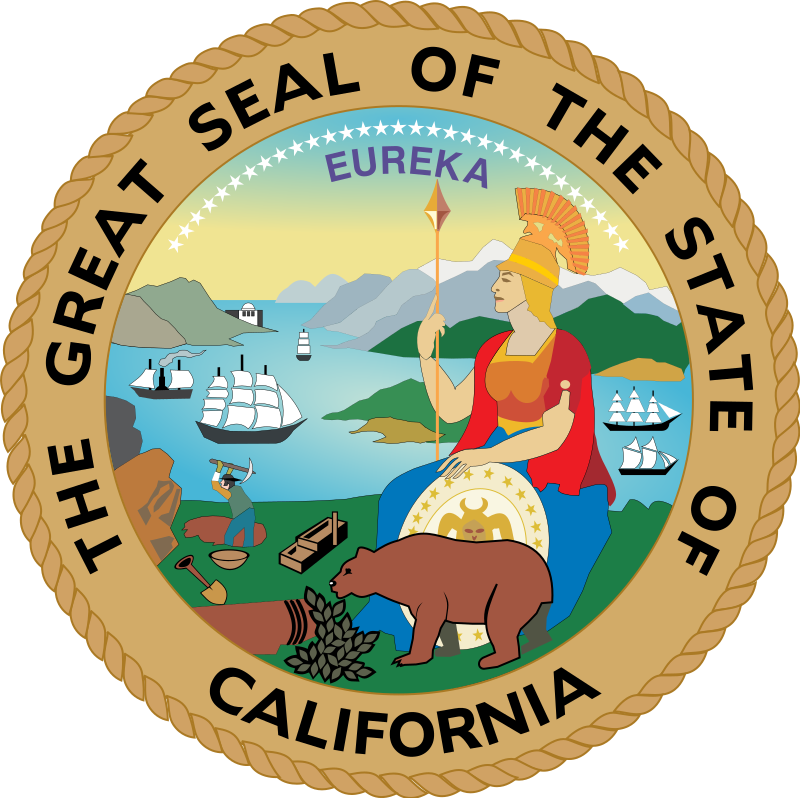
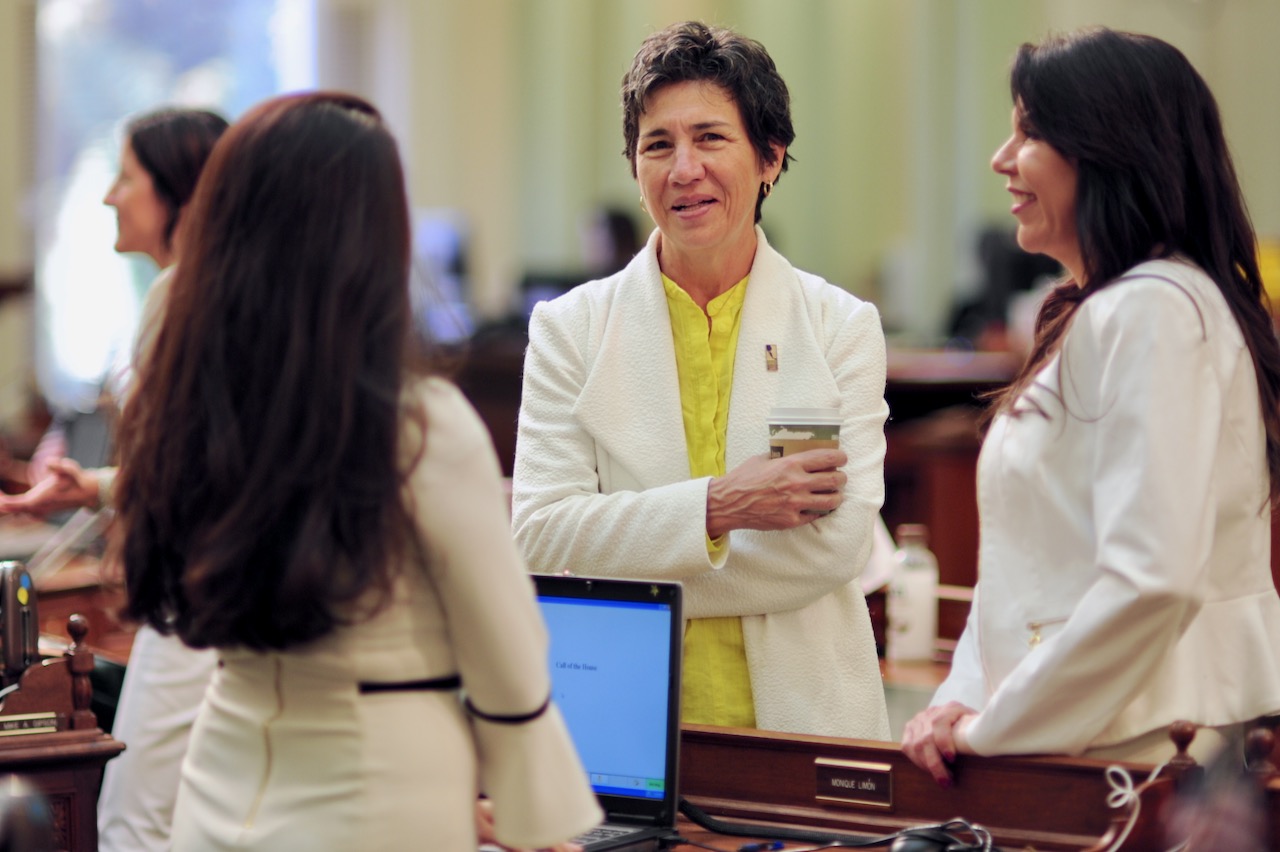
4 thoughts on “RECAP: AB 857, Creating Public Banks In California”